Videos
Darryl Holter: The Making of Radio Songs
Darryl Holter: The Making of Radio Songs
On July 19, 1937, Woody Guthrie and his cousin, Jack “Oklahoma” Guthrie, aired their first radio show on KFVD in Los Angeles. It was a fifteen-minute show that started at 8 a.m. Jack took the lead with singing-cowboy songs while sidekick Woody played harmonica and provided back-up vocals. In August, the duo added Maxine Crissman to the show and Frank Burke, the station owner, gave them an extra slot at 11 pm. When Jack decided to leave the show for other work, Guthrie renamed it “Woody and Lefty Lou” (Crissman’s family had moved to Los Angeles from Missouri and Guthrie referred to her as “Left Lou from Old Mizzou”). In contrast to Jack’s cowboy songs, Woody and Maxine sang old-time traditional songs with timeless melodies and familiar narrative. The large migrant population quickly tuned in and soon Woody and Left Lou became the most popular show on KFVD and nine hundred letters poured into the station in the first month.
Alex Chaloff’s documentary covers the recording of my album, Radio Songs, at Sunset Sounds as well as a radio interview I did to promote the album. Also included is footage of Tim Young and I performing a couple of songs on the intersection of 4th and Main Street where I was able to get the city of Los Angeles to designate as Woody Guthrie Square to mark the 100th anniversary of the birth of Woodrow Wilson Guthrie. It also makes a pitch for the social service organization, Chrysalis, which I have supported for more than two decades because of its wonderful work moving folks from Skid Row back into the world of work and citizenship.
Guthrie’s Radio Songs are as relevant today as they were 85 years ago—maybe more relevant. They focus on subjects such as poverty, inequality, homelessness, and political corruption. I hope you enjoy the video as much as I enjoyed making the album.
–
Darryl Holter grew up playing the guitar and singing country and rock and roll songs in Minneapolis, Minnesota. His current brand of Americana music draws from country, blues and folk traditions and often tells stories about people, places and events.
Besides his music, Holter has worked as an academic, a labor leader, an urban revitalization planner, and an entrepreneur. Darryl Holter is also a historian who has written on Woody Guthrie in Los Angeles, 1937 to 1941.

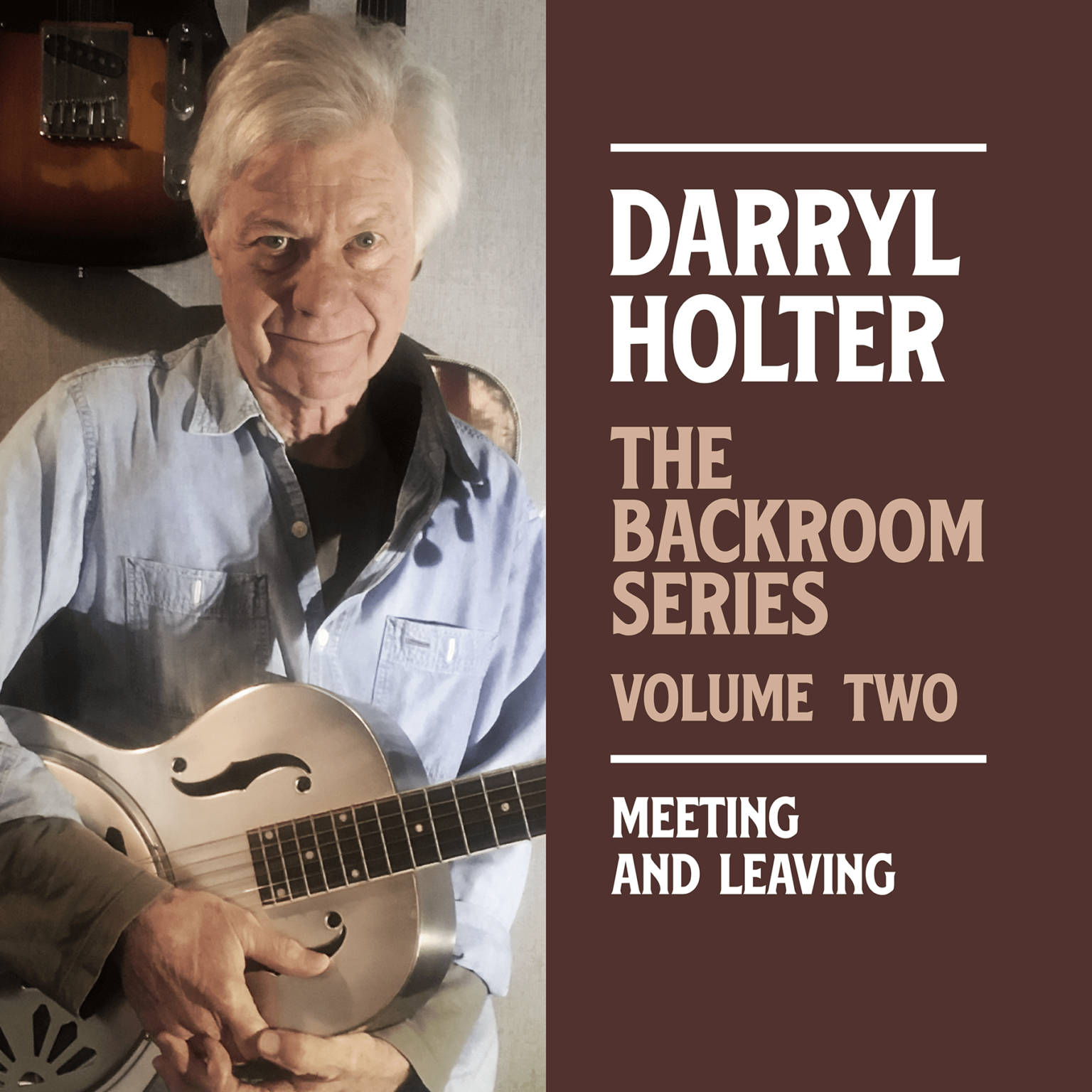
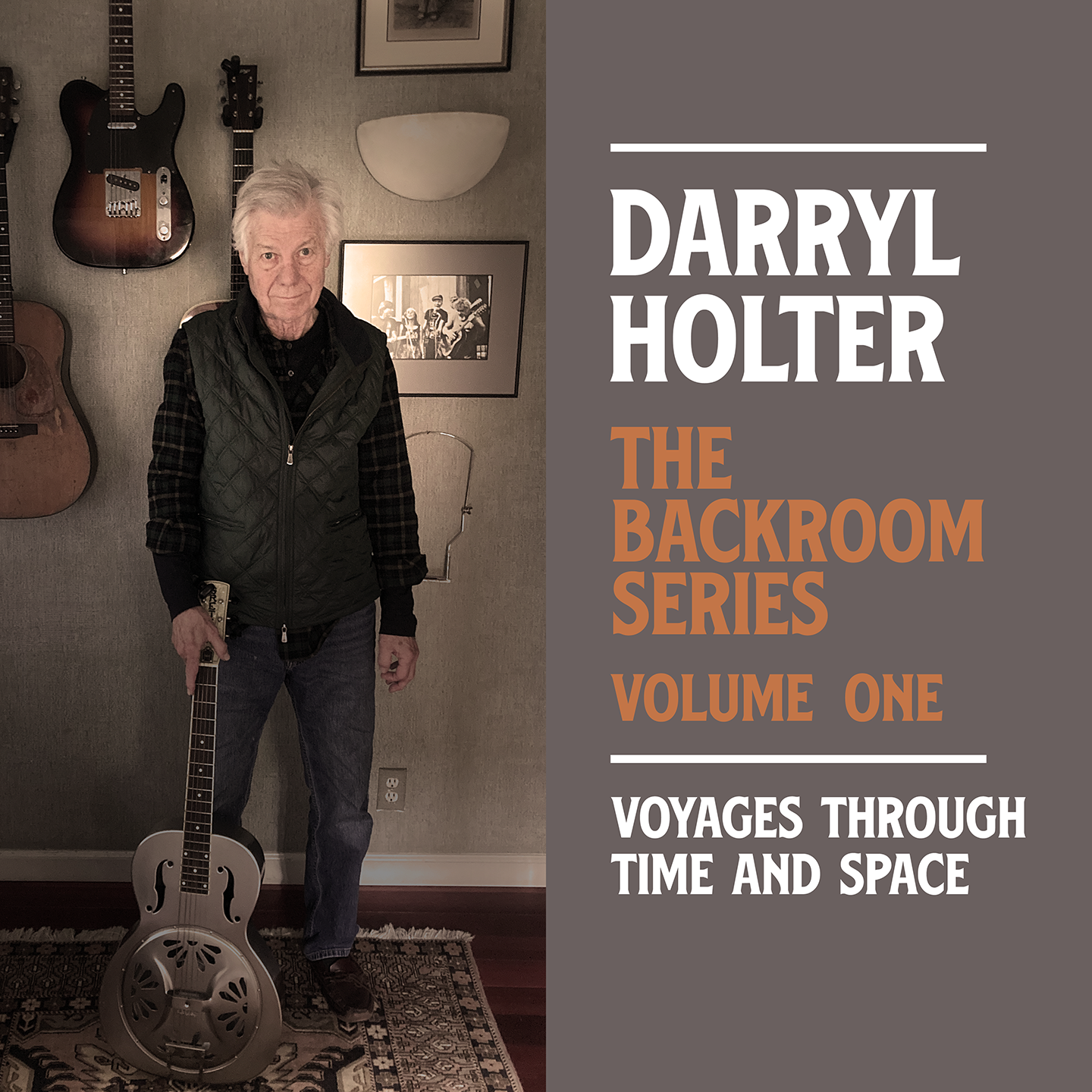
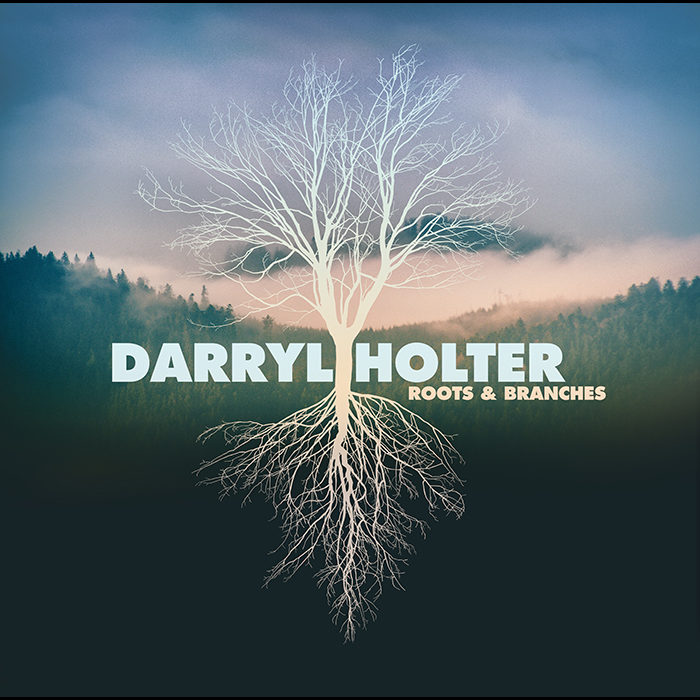
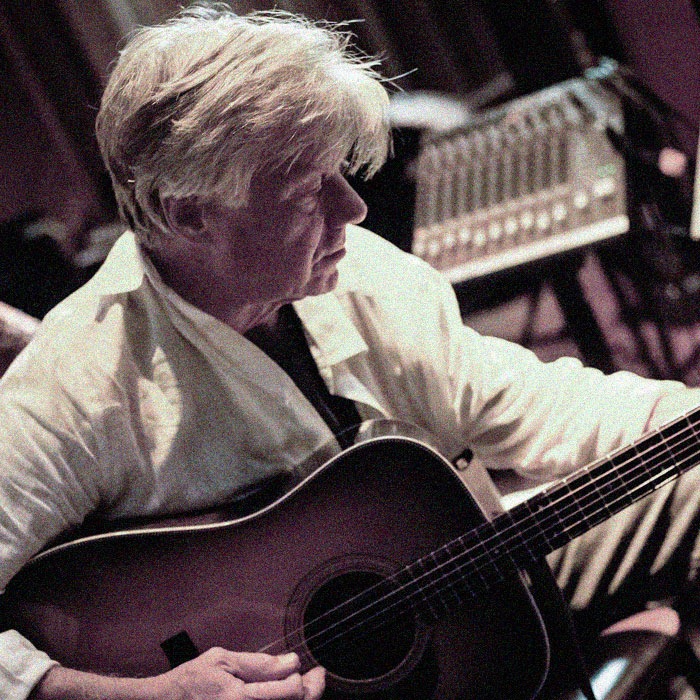
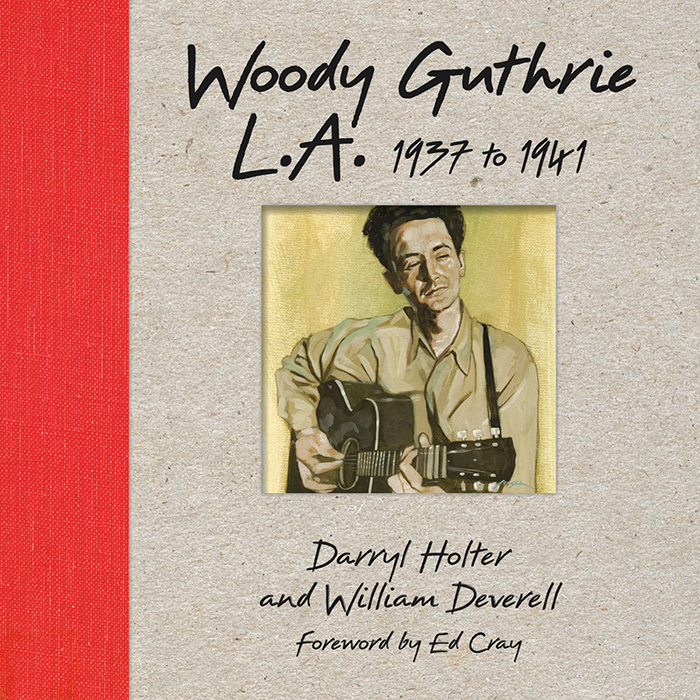
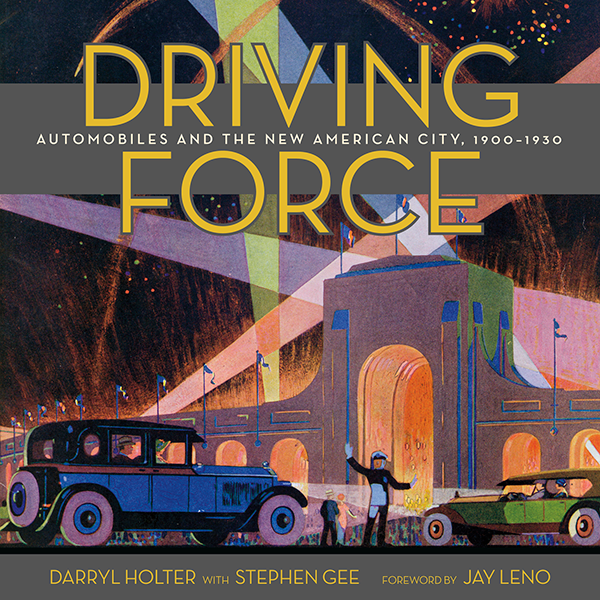
 Darryl Holter grew up playing the guitar and singing country and rock and roll songs in Minneapolis, Minnesota. His current brand of Americana music draws from country, blues and folk traditions and often tells stories about people, places and events.
Darryl Holter grew up playing the guitar and singing country and rock and roll songs in Minneapolis, Minnesota. His current brand of Americana music draws from country, blues and folk traditions and often tells stories about people, places and events.